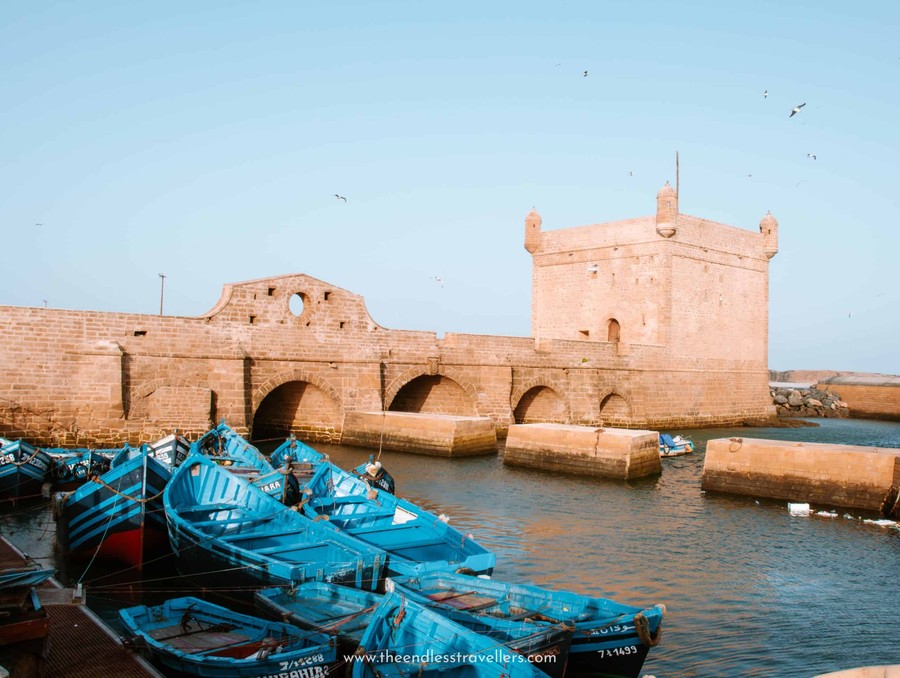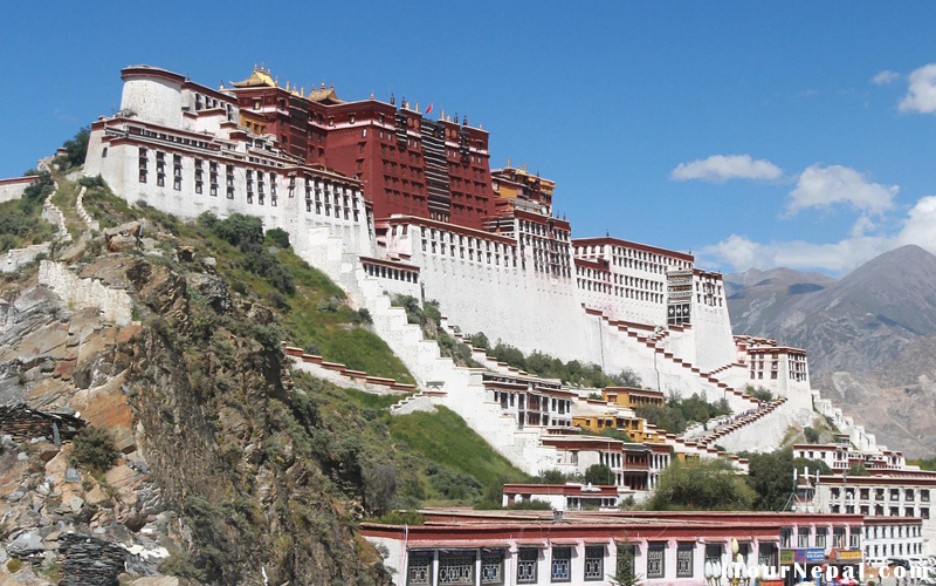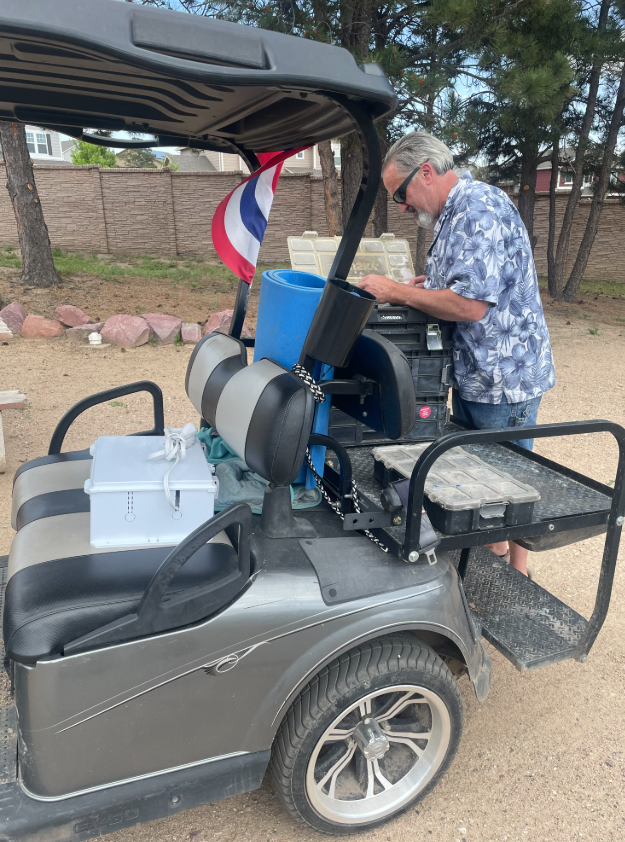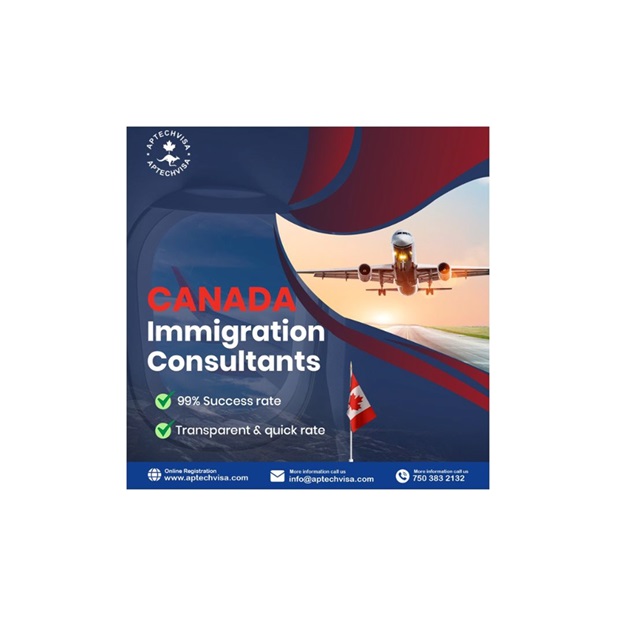1. Research Reliable Tour Operators
The first step in planning your Essaouira coastal tour is finding a reputable tour operator. Look for operators such as these private Morocco tours that consistently receive high ratings for their guides, service, and overall experience. Pay attention to comments about the quality of transportation and the knowledge of the guides. Additionally, consider seeking recommendations from friends or travel forums focused on Morocco. Once you have a shortlist of operators, reach out to them to inquire about their offerings, prices, inclusions, and group sizes.
2. Customize Your Itinerary
Essaouira offers a variety of attractions and activities, making it beneficial to customize your tour itinerary based on your interests. Discuss your preferences with the tour operator to create a personalized experience. Popular activities include exploring the UNESCO-listed medina, visiting the historic ramparts, enjoying fresh seafood at local restaurants, and engaging in water sports such as windsurfing or kite surfing. If you’re interested in local crafts, consider including a visit to artisan workshops or the vibrant souks in your itinerary. Customizing your tour ensures that you get the most out of your experience in Essaouira.
3. Best Time of Year to Visit
The timing of your visit can greatly affect your experience in Essaouira. The best months to visit are typically from March to June and September to November when the weather is mild and pleasant for outdoor activities. Summers can be hot, and coastal winds can make it feel cooler, while winters may bring occasional rain and cooler temperatures. If you’re interested in water sports, the windy season from April to September is ideal, as it provides excellent conditions for windsurfing and kitesurfing. Be mindful of local festivals, which can enhance your experience but may also lead to larger crowds.
4. Cultural Sensitivity
Essaouira is rich in culture and tradition, so it’s essential to approach your visit with respect. Dress modestly, especially when exploring the medina and visiting local markets; women should wear long skirts or trousers and cover their shoulders, while men should avoid shorts. When visiting religious sites, adhere to any specific dress codes and guidelines. Always ask for permission before taking photographs of people, particularly in rural areas. Engaging with locals in a respectful manner and showing appreciation for their customs will enrich your experience. Learning a few basic Arabic phrases can also help you connect with the community.
5. Pricing and Budgeting
Pricing for Essaouira coastal tours can vary widely based on the operator, duration, and included services. Before booking, request a detailed breakdown of costs, including transportation, entrance fees, meals, and any additional activities such as guided tours or water sports. Establish a budget for your tour and communicate it to the operator. While many operators have fixed prices, it’s often possible to negotiate, especially if booking in person or as part of a larger group. Remember that tipping is customary in Morocco; it’s common to tip guides and drivers around 10-15% of the total cost of the tour, so factor this into your budget.
6. Plan for Transportation
Essaouira is located about 2.5 hours from Marrakech, and getting there may involve navigating winding roads. Ensure that your tour operator provides comfortable and reliable transportation, whether it’s a minivan or a 4×4 vehicle. Discuss the travel duration and conditions with your operator, as some areas may require longer drives. If you have mobility issues, communicate your needs to the operator in advance to ensure they can accommodate you. Being prepared for travel times will help manage your expectations and allow you to maximize your time in Essaouira.
7. Engage with Your Guide
A knowledgeable guide can significantly enhance your experience on the Essaouira coastal tour by providing insights into the city’s history, architecture, and local culture. Don’t hesitate to ask questions about the sites you visit, the local cuisine, and the daily life of Essaouira’s residents. Engaging in conversations with your guide can lead to a richer experience, as they often share personal stories and anecdotes that add depth to your understanding of the area. A good guide will help you navigate the medina and ensure that you see the highlights while also uncovering lesser-known gems.
8. Timing and Duration of the Tour
When planning your Essaouira coastal tour, consider the timing and duration. A full-day tour is ideal for exploring the city thoroughly, allowing for visits to various attractions, including the medina, ramparts, and local markets. If you’re interested in participating in water sports, ensure your itinerary accounts for time spent on the beach or in the water. Morning departures are often preferable, as they allow for more time in the city and provide opportunities to enjoy breakfast in a local café. Discuss your available time and interests with the operator to create an itinerary that maximizes your experience.
9. Stay Hydrated and Prepared for the Elements
The coastal climate in Essaouira can vary, so it’s essential to stay hydrated, especially during outdoor activities. Carry a reusable water bottle and refill it throughout the day. Pack layers of clothing to adapt to temperature changes, as mornings and evenings can be cooler than afternoons. Bring sunscreen, a wide-brimmed hat, and sunglasses for sun protection, particularly if you plan to spend extended periods outdoors. Being well-prepared for the elements will ensure you have a comfortable and enjoyable experience throughout your tour.
10. Respect Local Environment and Community
As a visitor to Essaouira, it’s essential to practice responsible tourism. Follow established paths and guidelines to minimize your impact on the local environment and respect the integrity of historical sites. If you’re participating in water sports, ensure that you follow safety regulations and guidelines provided by your instructor. Encourage your tour operator to support local businesses and cultural initiatives, and consider purchasing handmade crafts or goods as a way to support the local economy. Respecting the environment and local traditions ensures that Essaouira remains a beautiful destination for future travelers.
By following these detailed tips, you can maximize your experience on an Essaouira coastal tour or maybe try this 8 days Morocco Tour From Casablanca to Sahara desert, ensuring it is enjoyable, culturally respectful, and filled with unique experiences. With careful planning and consideration, your time in this picturesque coastal city will be an unforgettable adventure filled with stunning views, rich culture, and warm hospitality.












